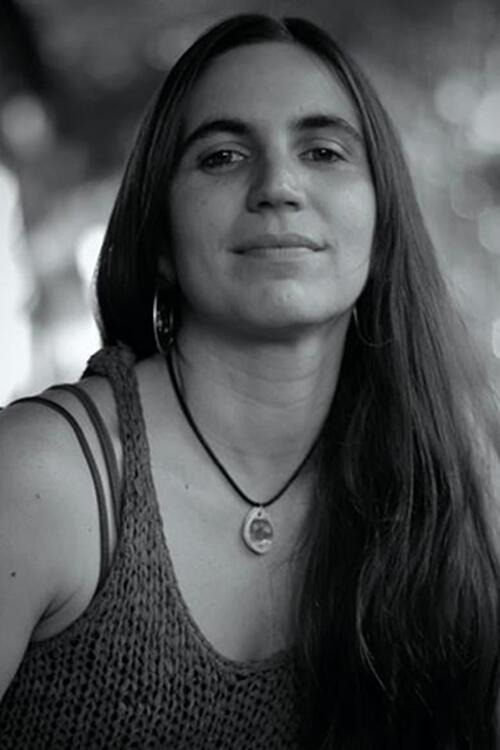LIFFY 2022: Anais Taracena & The Silence of the Mole (Interview)

October 26, 2022
In this interview with CLAIS, Anais Taracena talks about her film, El silencio del topo, and her upcoming visit to Yale University for the 2022 Latin American & Iberian Film Festival, which is slated to start on November 7th and will run until November 13th.
The film explores the story of journalist Elías Barahona, also known as “el topo,” who infiltrated one of the most repressive governments in Guatemalan history. The film captures the moments when revelations from the past explore the cracks in the walls of silence that surround Guatemala’s secret history.
Someone who saw your movie and enjoyed it very much, how do you think you would recommend it to someone else?
A lot of people have seen the film and have reacted differently to it. While older audiences felt bothered that they have to realize the traumatic moments of Guatemala’s history, younger audiences have loved the film. Many of them have gone on to tell other young people, especially students, to go experience the film for themselves. They would tell others to watch the film to learn more about their own history and themselves.

How has the film motivated students to build to make their own marks on society?
A lot of students from different countries, including South Korea, Taiwan, Morocco, and Palestine, have watched and learned more about Guatemalan political affairs. I believe Central America and the Caribbean are some of many regions that are often forgotten in general. To see families bring their children to come watch the film as well is great because the situation in Guatemala is very complex. A lot of youth come out wanting to learn more about their history, asking their families: their aunts, their grandmas, their parents, etc. I don’t think the film is going to change things [in the government] because people make that change, but a film does open doors. It opens doors to communication: offers new forms of dialogue, influences people to learn more about their history, and connects people to make change in their own communities.
Do you feel your film has opened the door for other filmmakers to give voice to untold stories that speak out against government actions?
In Guatemala there have been various filmmakers who have touched on the theme of historical memory of the war. We are a generation that has wanted to approach these histories in film because I believe they are histories that move us and cross our families. So that’s why there’s like that search, but in the specific case of El silencio del topo, when we’ve presented it, yes, we’ve felt that there are young people who feel represented and say good, now I’m going to look into my own story, now I’m going to look into my family history. So I definitely feel like people feel inspired by El silencio del topo.
There is still a lot of silence in Guatemala. There is the silence of “I’m not going to say anything,” but also silence in the bodies, in the archives, in the images, in the materiality itself… There are several forms of silences
Given the importance of silence in your film, how do you interpret it?
The theme of silence — it took me six and a half years until I finished. As I progressed in the research, I became aware that the heart, the very essence, let’s say, of the film, was going to be the subject of silence, because the subject was whether I would talk only about the past, or about the present as well. There is still a lot of silence in Guatemala. There is the silence of “I’m not going to say anything,” but also silences in the bodies, there are silences in the archives, in the images, in the materiality itself — but in myself I had this confrontation that we have to speak on it, it’s the only way. But also, looking back at that period of oppression, I started to realize that the theme of silence is more complex and that it is not just one side or the other, but is full of nuances. So that’s why I wanted to say at the end of the film that there are several silences, not just one. There are several forms of silences.
What expectations do you have of your participation in LIFFY and your visit to New Haven?
Well, for me it is a possibility to meet people, to share the film, because obviously it also makes me happy that the film is being projected in a university as recognized as it is. And there we all have experiences from outside the university. So for me it’s a possibility, well, not only to present the film to an audience there, but also to weave networks, so well, I’m happy.
By Miguel Vivar, Student Program Assistant, miguel.vivar@yale.edu
